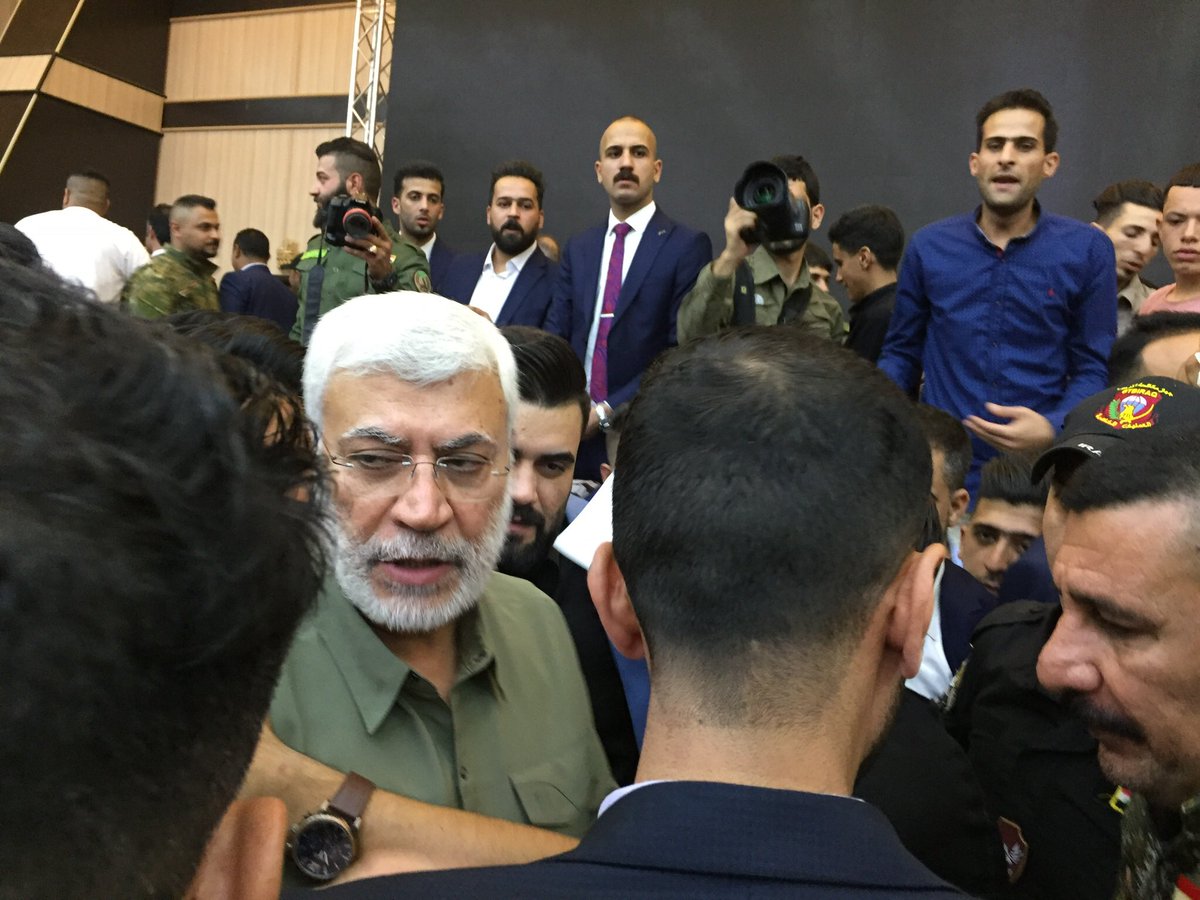But any “we are safer” judgment from this targeted killing requires a calculation of greater benefits from his death than costs from predictable aftereffects.
1/8
The administration posits two things: (1) the “imminent” attack Soleimani was planning is now OFF; and (2) Iran is now deterred from other attacks and may become less aggressive overall.
Both are possible, but not certain. Unlikely even.
2/8
The targeted killing took out the Quds Force commander. It didn’t take out the thousands of Quds Force officers who worked for him or disable any of their long-established attack plans.
They’re all still there.
3/8
The strike has led the US all but close its embassy in Baghdad, including shutting down consular services—making it harder for Americans in the country to leave safely.
4/8
Iraq is preparing to expel US forces. Iran is poised to expand its influence in Iraq and beyond. The US has felt compelled to halt operations in Iraq against ISIS.
5/8
Iran has declared it will no longer recognize restrictions on uranium enrichment and other aspects of its nuclear program that it had agreed to under the JCPOA (which this US administration had already stopped following).
6/8
7/8
It’s possible. Maybe the administration robustly calculated all of the predictable aftereffects and judged the national security benefit from ending his life outweighed the downside from them.
Maybe. But we see no signs of it.
/end












